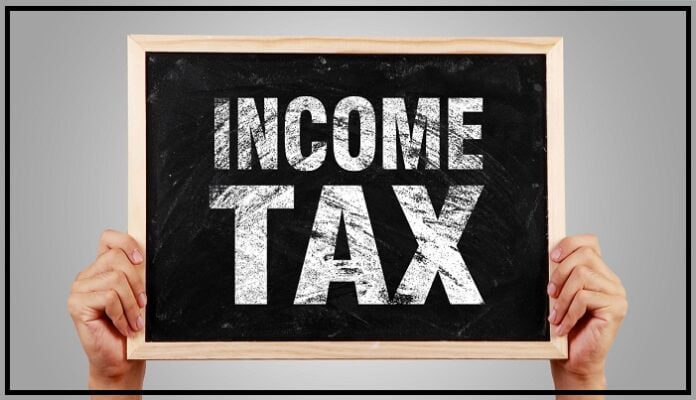In India, a growing number of professionals are opting for freelance work.
As independent contractors, freelancers are obligated to pay taxes on their income, which is categorized as Profits & Gains of Business & Profession.
The current income tax regulations for freelancers in India offer numerous tax benefits and opportunities for savings, making freelancing a more lucrative option.
Filing Income Tax Returns in India follows a slightly different process for freelancers compared to salaried individuals.
Freelancers and consultants are required to complete and submit either ITR-3 or ITR-4 for Income Tax Returns.
ITR-3 pertains to income derived from business or profession.
Beginning in AY 2017-18 (FY 2016-17), freelancers may opt for presumptive taxation and declare 50% of their gross receipts as income by filing ITR-4.
The following points should be kept in mind while filing the tax return:
Taxpayers who earn a total income exceeding the basic exemption limit of INR 2.5 lakhs for FY 2022-23 are required to file tax returns.
The tax rates for freelancers would be consistent with those of salaried individuals.
Income Tax: Taxpayer should keep the following details handy while filing the tax return.
The information required for filing an Income Tax Return includes personal details such as address, contact information, bank account information, Aadhaar number, etc.
Additionally, freelancers must provide details regarding their gross receipts, expenses, other sources of income, and eligible tax-saving investments made during the financial year.
If applicable, a tax audit report must also be submitted.
Financial particulars, including Indian and overseas assets, bank balances, cash balance, debtors, creditors, loans and advances, any liabilities, and capital balance must also be reported.
Income Tax: Tax dedication to avail as a freelancer
Section 80C – Freelancers can claim a maximum tax deduction of Rs 1.5 lakhs against their investment towards tax-saving schemes such as ELSS and ULIP insurance.
Section 80CCD – Individuals can avail of tax deduction against investment towards schemes of the Central Government.
Section 80CCF – It is applicable to avail tax benefits against investment towards government-specified infrastructure bonds.
Section 80DD – Eligible freelancers can claim a maximum tax deduction of Rs 1.5 lakhs against treatment expenses of a disabled dependent of an assessee.
Section 80D – Tax deduction is available against paying premiums for health insurance.
Section 80G – Tax deduction is available against charitable contributions.
Section 80E – Individuals can claim a tax deduction on interest paid towards an education loan.
